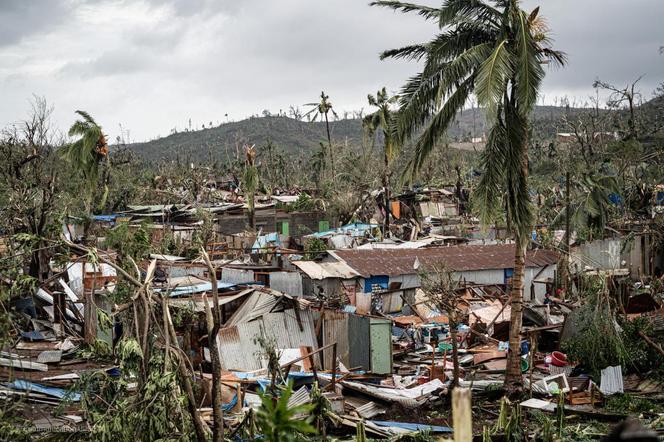


Chido, the most intense cyclone to hit Mayotte in 90 years, ravaged the Indian Ocean archipelago, where around a third of the population lives in precarious housing, which was totally destroyed. Geographer Frédéric Leone, university professor and director of Montpellier's geography and planning laboratory, looks at the vulnerability of this French department.
Cyclone Chido hit a highly vulnerable and ill-prepared territory. Mayotte is exposed to cyclonic activity, but its population has no culture of risk. Firstly, because there is a strong belief in the Mayotte imagination that Madagascar protects them from cyclones, which is not entirely true. Secondly, there's an element of fatalism and the idea that cyclones will hit others and not themselves.
At the State level, the many problems facing Mayotte – the water crisis, cholera, chronic insecurity and Covid-19 – have distracted the authorities from the cyclonic risk in recent years. Mayotte has not made as much progress as other overseas territories in terms of preparing for and adapting to global warming. Local emergency plans, which are used to manage crises, are not fully up to date and have rarely been tested during exercises.
You have 78.32% of this article left to read. The rest is for subscribers only.
